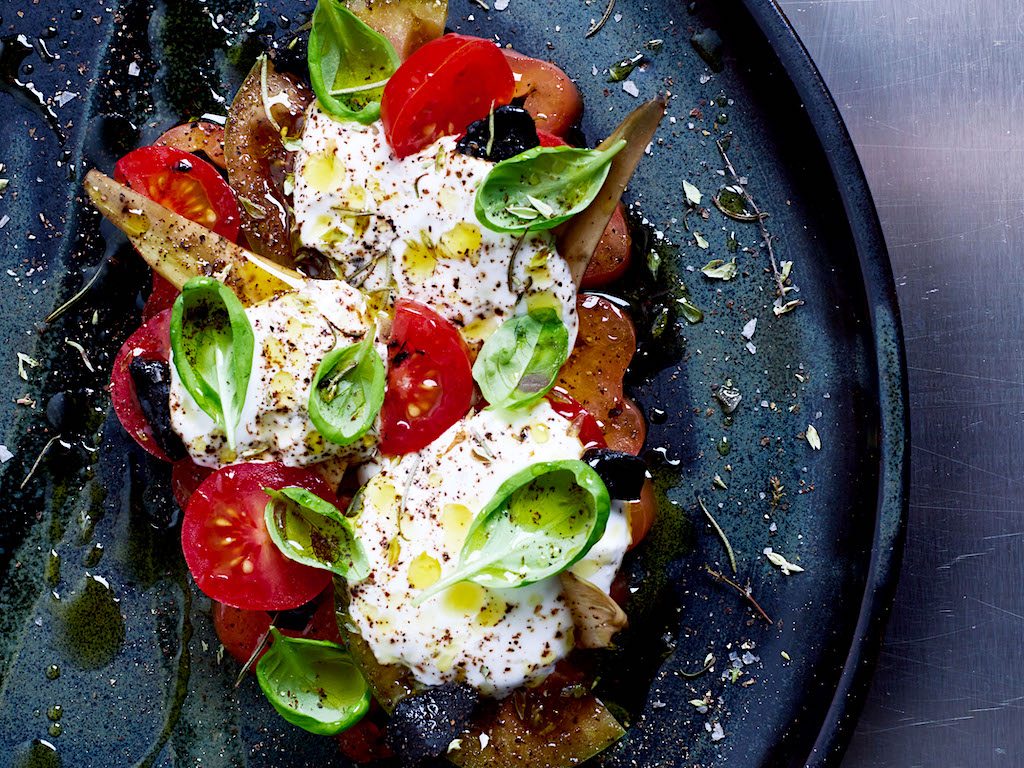5 Mins Read
More than 7 in 10 consumers are willing to try and buy novel animal-free cheese products, a new consumer acceptance study has found. These products are made from precision fermentation, which allows the replication of real dairy proteins without needing cows—enabling the sustainable and ethical development of cheese products that taste, look and feel exactly like their animal counterparts.
First large-scale consumer acceptance study
In what is the first large-scale consumer acceptance study on precision-fermentation-made animal-free dairy products, researchers revealed a surprisingly high level of enthusiasm. The research, published in the journal Frontiers in Sustainable Food Systems, found 71% of respondents were willing to buy animal-free dairy cheese, while 79% were willing to try these products.
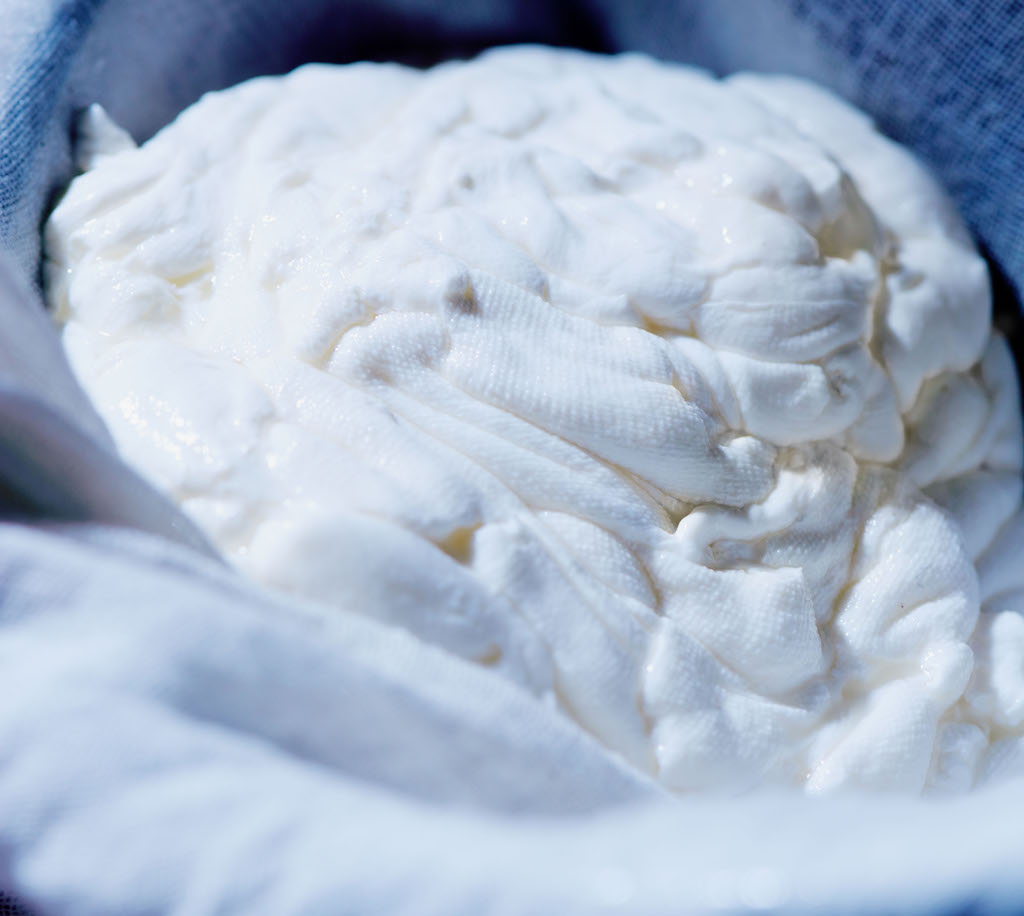
Enthusiasm across countries and age-groups
Co-published by the Berlin-based food tech Formo and the University of Bath, the survey involved more than 5,000 respondents from U.K., U.S., Brazil, Germany and India. Asking shoppers their opinion on precision-fermentation-derived dairy cheese, the results found across the board—by age groups and by country—an over 70% willingness to try these products.
Flexitarians appeared to display the most interest in animal-free cheese, said the authors, suggesting a strong disruption potential for animal-free dairy products to go “toe-to-toe” with its conventional counterparts.
“That finding was explosive because that’s always how we’ve understood the mission—initiating change not through consumer sacrifice, but rather through delicious, satisfying products,” shared Oscar Zollman Thomas, Formo’s lead researcher for the study.
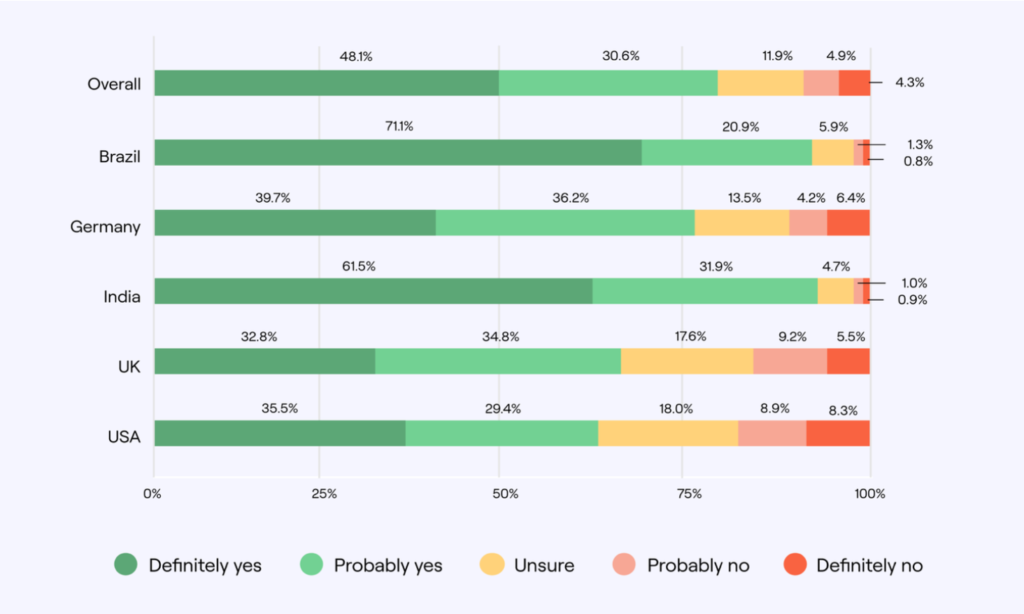
This group of “part-time plant-based” consumers have ballooned in size over the past years, with flexitarians now constituting as many as 42% of all consumers worldwide, a separate Euromonitor study found.
“Seeing the growing consumer groups of flexitarians and young people driving adoption of animal-free cheese is a big indicator that these products will appeal to consumers far beyond the niche markets of current vegan cheese,” commented Dr. Christopher Bryant of the University of Bath.
“Just as we have seen plant-based milk taking an increasing share of the milk market in recent years, we now see that consumers are ready for a new kind of animal-free dairy cheese product.”
Precision fermentation dairy
The process used to develop this new category of animal-free dairy is precision fermentation. It sits within the broader fermentation pillar of alternative proteins, but precision fermentation is different from the type used by players like Quorn to make its mycoprotein-based chicken alternatives. Instead, precision fermentation allows specific proteins to be made using microorganisms, which produce real dairy milk proteins after being inserted with a copy of cow’s DNA.
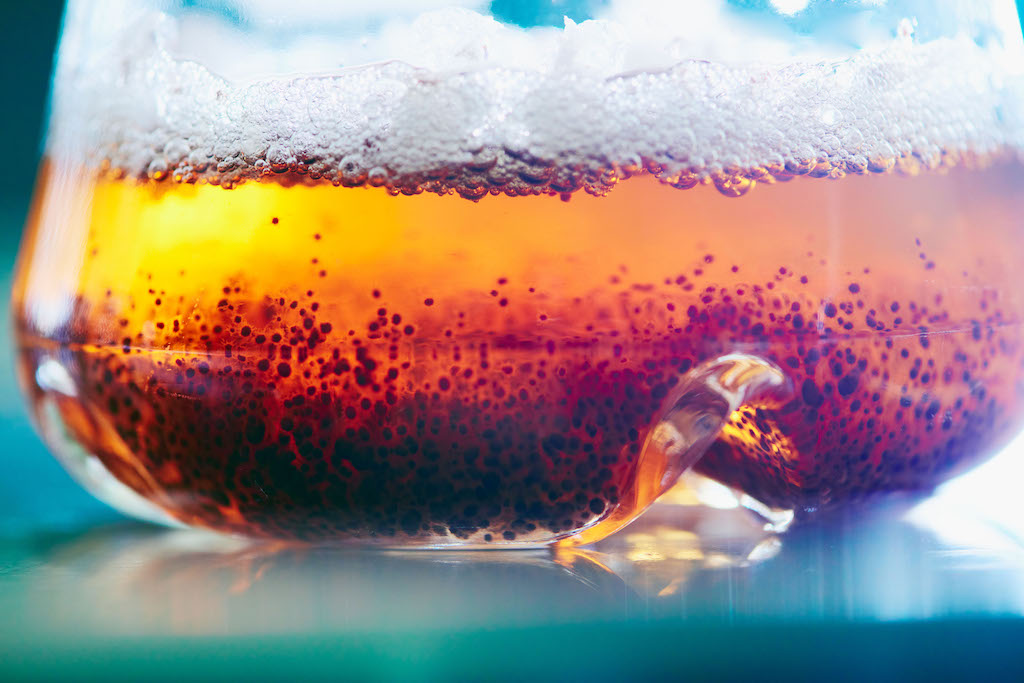
It’s been used by the Calfornian food tech Perfect Day, who uses the tech to make its real whey protein to make animal-free ice creams, as well as the co-publisher of the study, Formo.
Based in Germany, Formo, who rebranded from Legendairy Foods earlier this year, is set to make “hedonistic cheese products we all love, but with better, more sustainable technology and a good conscience,” according to the company’s co-founder and CSO Dr. Britta Winterberg.
“Most cheese lovers think current vegan cheeses are nowhere near the flavour or functionality level that meets their cheese needs,” said Thomas. “Precision fermentation is allowing us to fundamentally change that and make real cheese without animals involved.”
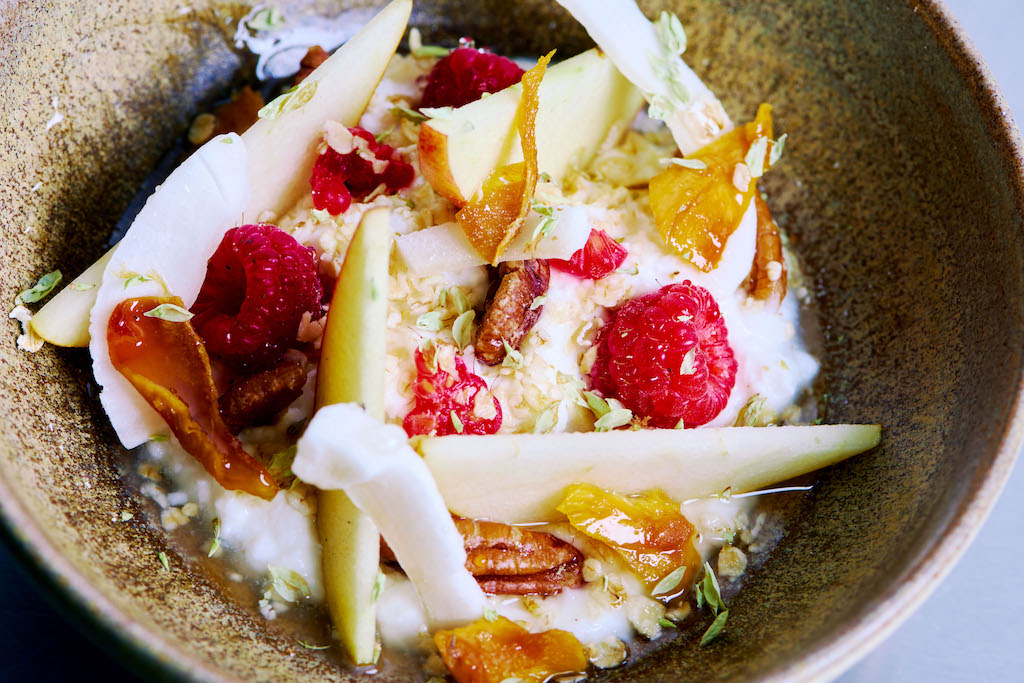
Ethics and sustainability key drivers
According to the research, consumers aren’t just attracted to animal-free dairy products because they’ll taste, look and feel the same as real dairy. Across countries, respondents of the survey understood that the precision fermentation process bears significant environmental and ethical advantages.
Animal-free dairy is estimated to produce around 85-97% fewer greenhouse gas emissions compared to conventional dairy, while eliminating the cruelty associated with animal agriculture altogether. This was previously calculated in an independent third-party life-cycle assessment commissioned by Perfect Day earlier this year.
‘Politicians should get on board’
Commenting on the overall findings of the research, Raffael Wohlgensinger, co-founder and CEO of Formo, said that the broad level of consumer enthusiasm for new animal-free dairy products should motivate policymakers to pave the way for more novel, sustainably-produced alternatives to land on the market.
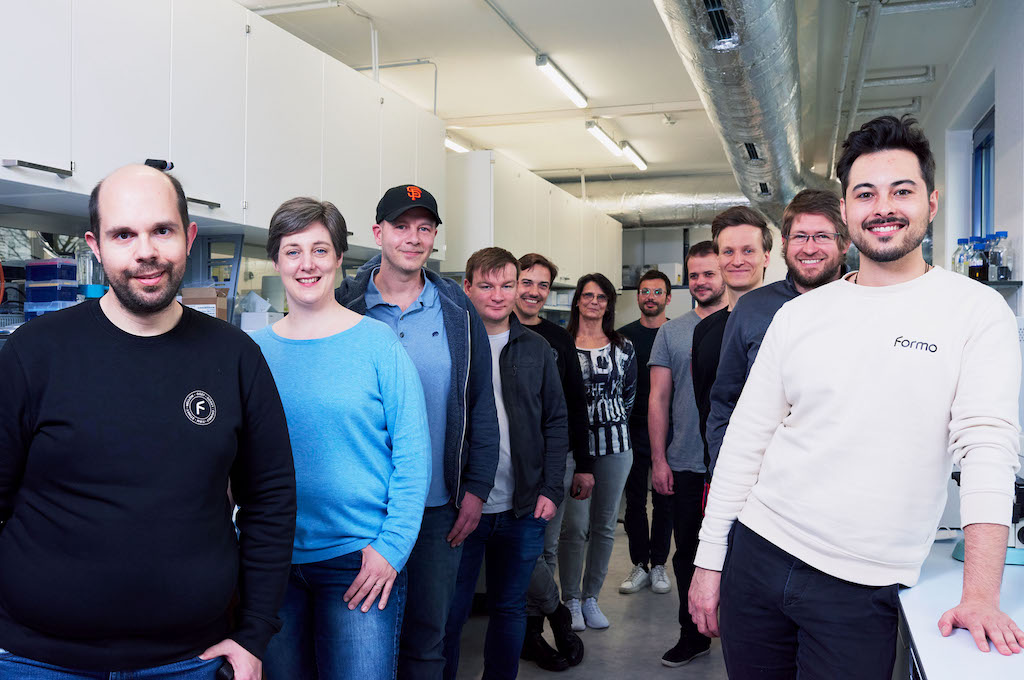
“We’re hearing loud and clear that consumers are ready to embrace animal-free dairy products,” said Wohlgensinger. “There’s never been a better time to ask ourselves what we want from our food system and it’s now that politicians should support sustainable innovation like precision fermentation.”
The co-founder added that regulators in other countries such as Singapore are already racing ahead with building the right regulatory frameworks for novel foods. The city-state famously became the first to approve the sale of cell-cultured meat last year, and has since set up a research hub designed to accelerate food safety testing and expedite regulations for foods produced using new technologies.
“Where the future of food is concerned, fast-moving environments like the U.S. and Singapore are starting to become hubs of innovation, so it’s high time politicians here [in Europe] got on board with the potential of alternative proteins through proactive initiatives.”
All images courtesy of Formo.


